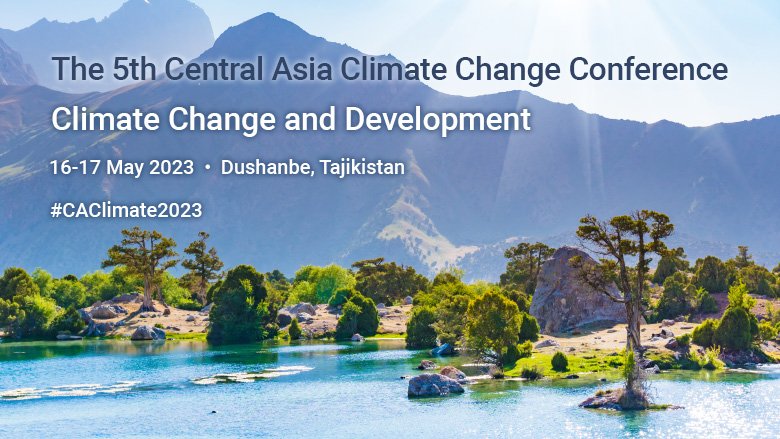Central Asia is particularly vulnerable to the negative impacts of a rapidly changing climate—it is an arid, landlocked, snow-fed region with most of its water originating in glaciers of upstream mountains and neighboring countries that has a largely agrarian economy, aging infrastructure, and high population growth. Although the countries of the region – Kazakhstan, Kyrgyz Republic, Tajikistan, Turkmenistan, and Uzbekistan – have distinct landscapes, natural climatic conditions, development priorities, and the transboundary nature of climate change exposes each Central Asian nation with novel risks.
To address these risks, governments in the region and their development partners will need tackle strategic challenges, including transitioning towards carbon neutrality and climate resilience through low-carbon, climate resilient development; renovating and upgrading the climate resilience of water, energy, and food infrastructure; strengthening the capacity of local communities; and implementing progressive regulatory and institutional reforms to attract needed investments. Doing so will require regional cooperation and unprecedented economic and social transformations.
On May 16-17th, the 5th Central Asia Climate Change Conference (CACCC-2023) is bringing together key stakeholders to discuss water, energy, food, and environmental sustainability in the context of a changing climate across Central Asia. Conference participants will discuss progress by Central Asian countries on climate mitigation and adaptation action, relevant initiatives to achieve cross-sectoral climate resilience, and platforms available for regional cooperation.
The Conference is organized by the (CAREC) within the “” (CAMP4ASB AF), “”(NEXUS) in cooperation with the , , and the Central Asia Water & Energy Program (CAWEP), which is a partnership between the World Bank, the European Union, Switzerland and the United Kingdom.
Working languages: Russian, English. Simultaneous translation will be provided by the organizers.
Follow the conversation on Twitter with the hashtag: #CAClimate2023
to watch the following sessions:
Day 1
- Opening Session;
- Opening Plenary: Climate Change and Development in Central Asia;
- Panel Discussion 1: National policies, strategies and programs for climate mitigation and adaptation;
- Parallel Session A.1: Water Security;
- Parallel Session B.1: Circular Economy;
Day 2
- Panel Session 2: Leveraging regional collaboration in a changing global policy environment;
- Parallel Session C.1: Air pollution, health, and climate change;
- Panel Session 3: Climate financing: needs and opportunities;
- Closing Plenary.
For other session links, please refer to the event agenda: Day 1 and Day 2.


